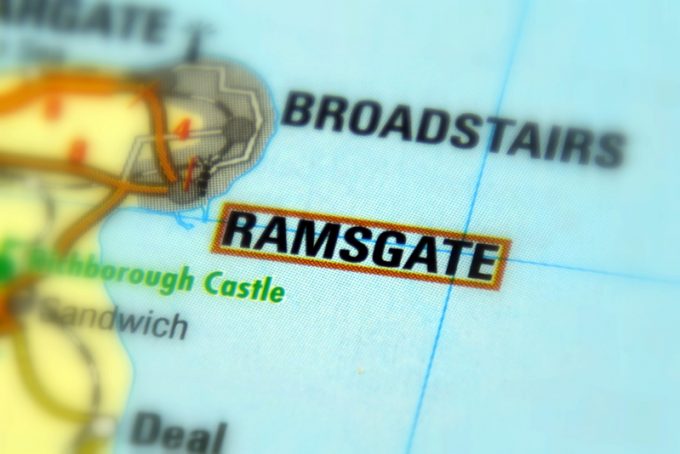Video footage shows moment of impact between Solong and US tanker
Video footage has emerged of the collision between the containership Solong and US tanker Stena ...

Further allegations have rocked the UK’s Department for Transport, with besieged secretary of state Chris Grayling facing heightened calls to justify awarding Seaborne Freight a contract.
A Whitehall source told The Loadstar the decision to award the start-up a contract “stinks” of high-level ministerial intervention and was ...
Predatory rivals circle as the ripples from DSV's Schenker buy widen
Latest Israeli attack on Iran a threat to box ships in Straits of Hormuz
DHL Express facilities in Canada forced to shut down by strike
New Middle East conflict brings airspace closures, flight chaos and oil price worry
Industry concerns rise after yet another box ship on fire off Indian coast
More legal trouble in India for MSC: feeder vessel detained after box ship disasters
Return of downward pressure on container spot freight rates
BYD launches logistics subsidiary – and eyes ports and shipping sectors

Comment on this article